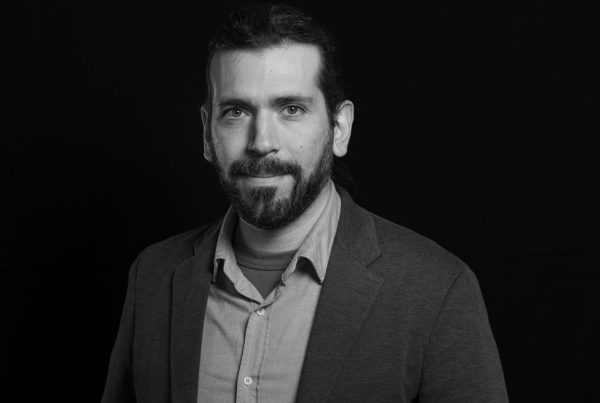Research interests
Hematopoiesis has long been modeled as a stepwise hierarchical process, where all blood arises from a group of rare multipotent stem cells. In recent years, we have made major contributions that have challenged this paradigm, revealing an extensive heterogeneity among individual stem cells and their differentiation trajectories. To study heterogeneity, our lab develops advanced genetic tools that allow the simultaneous recording of progeny and state for thousands of single cells at a time. Using these methods, termed single-cell lineage tracing, we have uncovered distinct gene regulatory states linked with heritable fates during regeneration. More recently, we have been focused on how these differences in fate behaviors arise during development and how they influence cellular responses to leukemic mutations and aging. We propose that mapping cellular phylogenetics will lead to a revolution in understanding and treating disease.
Selected research activities
- Elected member for the ISEH 2025 Scientific Programme Committee
- Selected junior editor for the Experimental Hematology journal (Elsevier)
- EMBO Workshop on "Lineage Tracing" (conference to be celebrated in 2025)
- Consolidación investigadora (AEI, 2024-2026)
- Proyectos Generación Conocimiento (AEI, 2024-2027)
- EMBO Long-term Postdoc fellowship (as supervisor, 2025-2027)
- La Caixa Foundation InPhinit PhD fellowship (as supervisor, 2024-2028)
- Retro Biosciences (California, USA)
